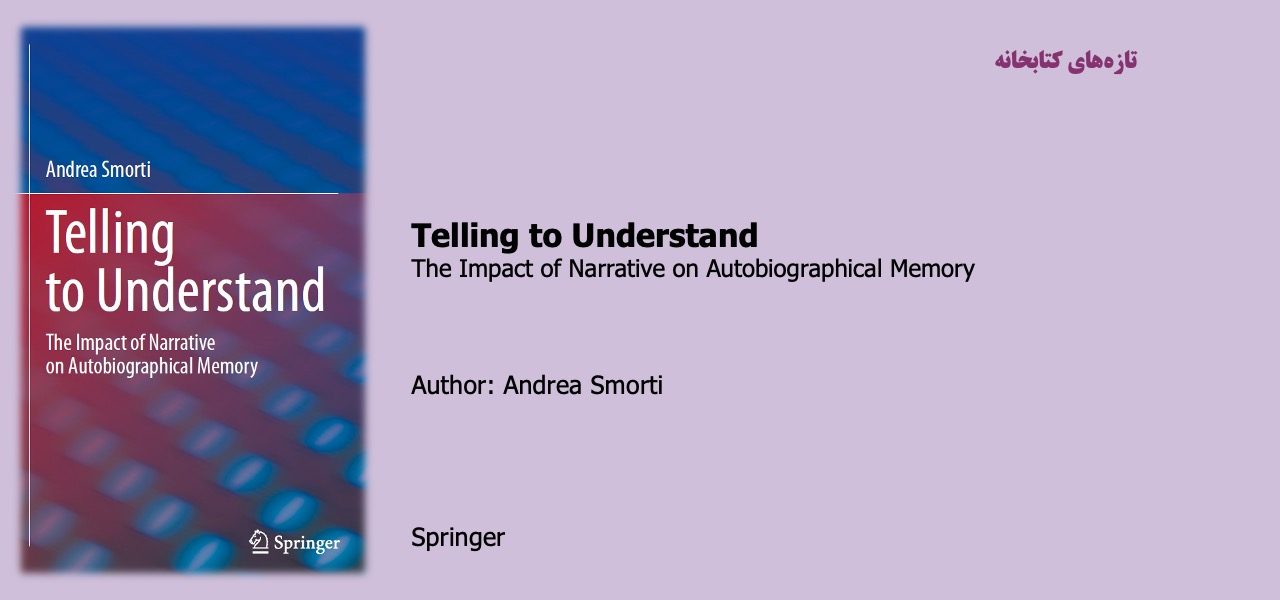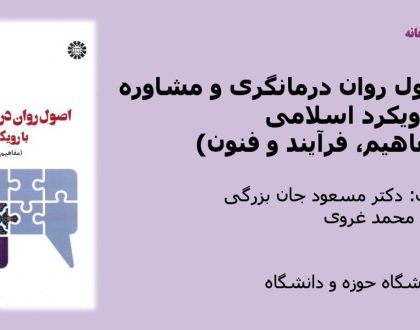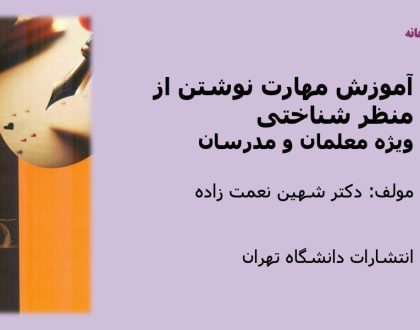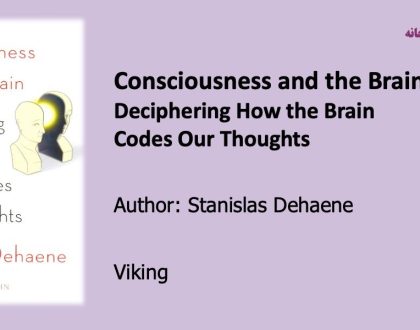Telling to Understand – The Impact of Narrative on Autobiographical Memory

When you write a book, sometimes you chase an idea still undefined with curiosity, trying to discover its full potential; at the end you may at best come to understand what you really wanted to say. Memory is asked to provide the necessary knowledge to undertake this path.
Together with the knowledge that memory provides us with, perhaps because of the emotional and personal aspects of writing, even the most disparate memories of one’s own life come to light. This has happened to me. Two types of memories about events that I had often thought about have come to take on a new form and function, but for completely different reasons.
The first memory concerned the stutter that afflicted me throughout my childhood and adolescence. The use of breathing, voice control, greater self-confidence, and something else created the end effect of a small miracle. Stuttering, even if it has emotional causes, is a mechanical failure in the articulation of language. It is basically a rumor that one does not “know” how to get out fluidly. As the voice acts as an intermediary between thought and language, stuttering is a partial inability to make language follow thought. Thoughts cannot be expressed adequately and come out in an aborted form. Not being able to hear with your own ears what you think, in the way that you would like to, creates the impression of not being able to say what you really mean and therefore produces further stammering, discomfort, and a sense of incompleteness of thinking.
Stuttering has remained in my mind as a set of memories of an episodic nature, but closely related to the idea of having been (and continuing to be, albeit partly) a stutterer. These memories came into play subtly while, writing this book, I discussed the relationship between thought and language, and the mysterious leap between memory and narration. As we will see, this leap is represented in particular by the physical aspects of language, which are substantiated by vocal or graphic signs. Stuttering is a clear example of this discontinuity between mind and body, thought, intention to speak, and physical execution.
مطالب مرتبط

اصول روان درمانگری و مشاوره با رویکرد اسلامی (مفاهیم، فرآیند و فنون)
۲۶ / بهمن / ۱۴۰۳

آموزش مهارت نوشتن از منظر شناختی
۲۶ / بهمن / ۱۴۰۳


